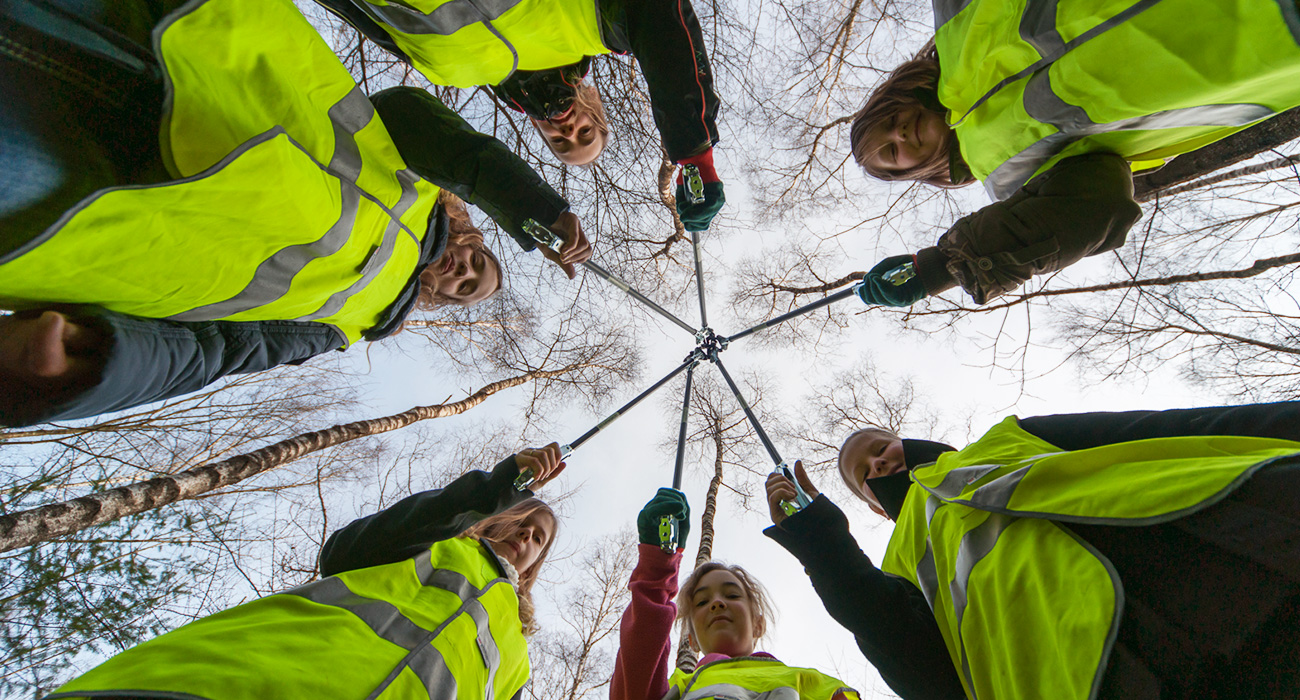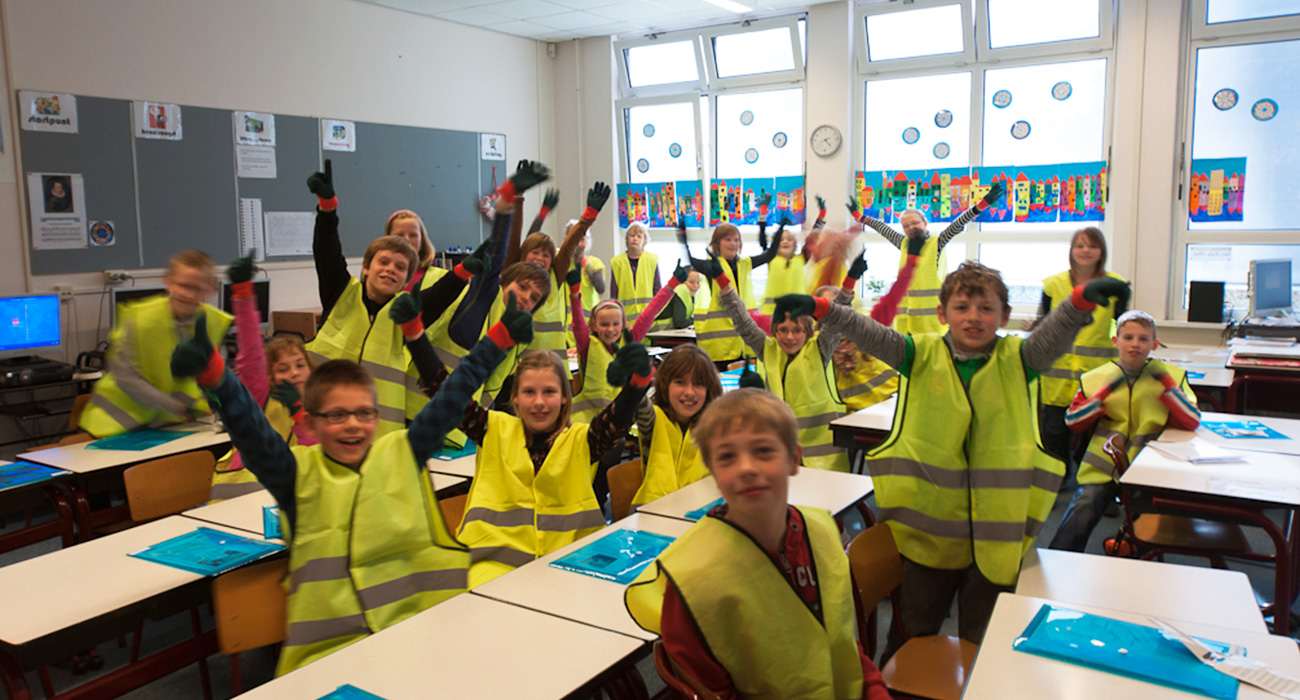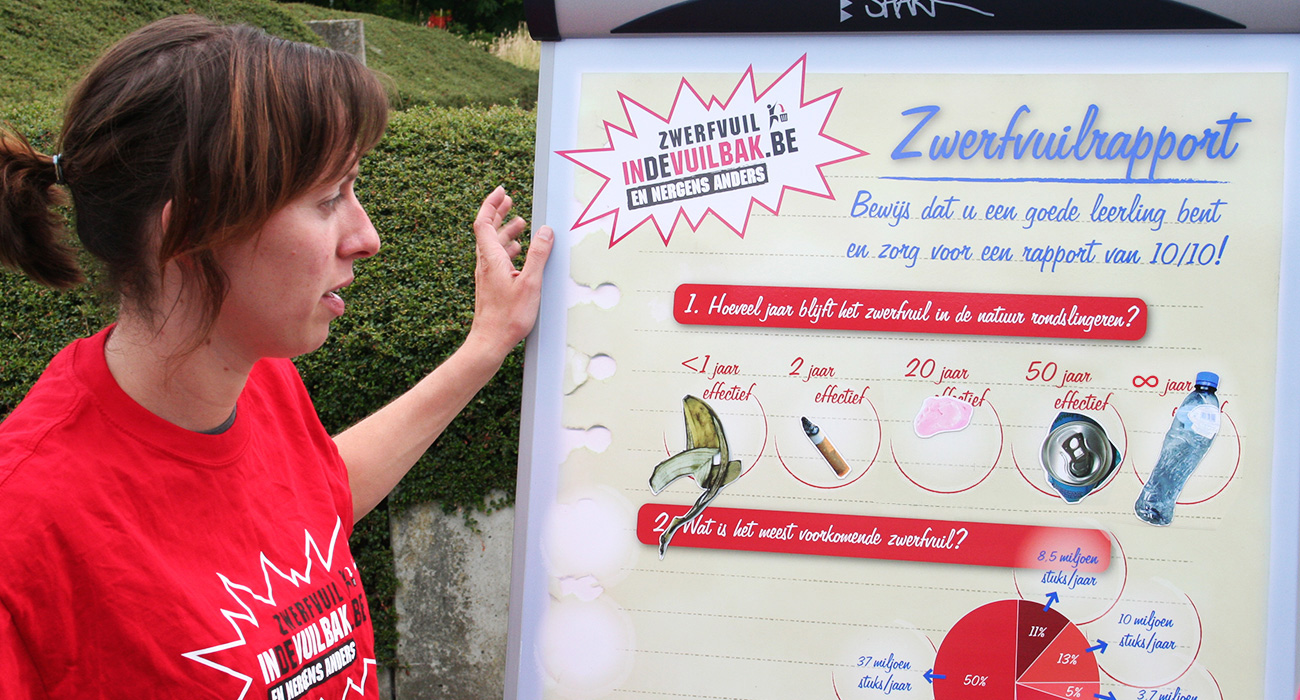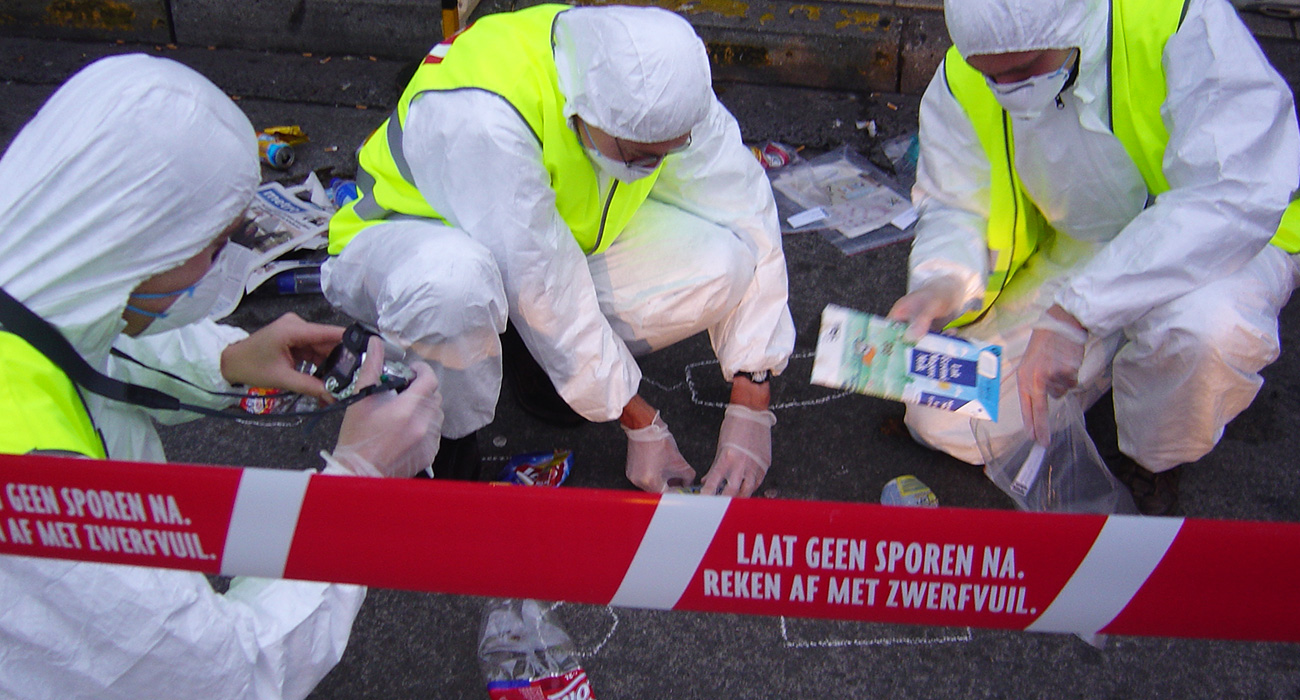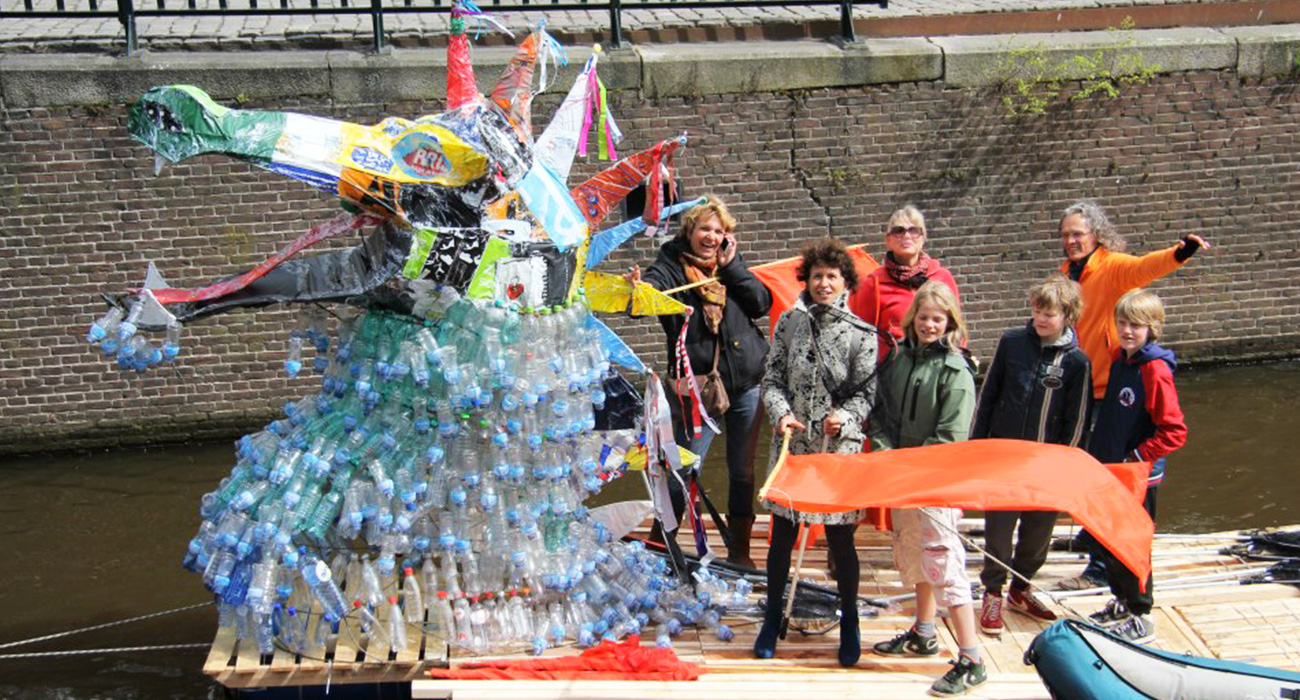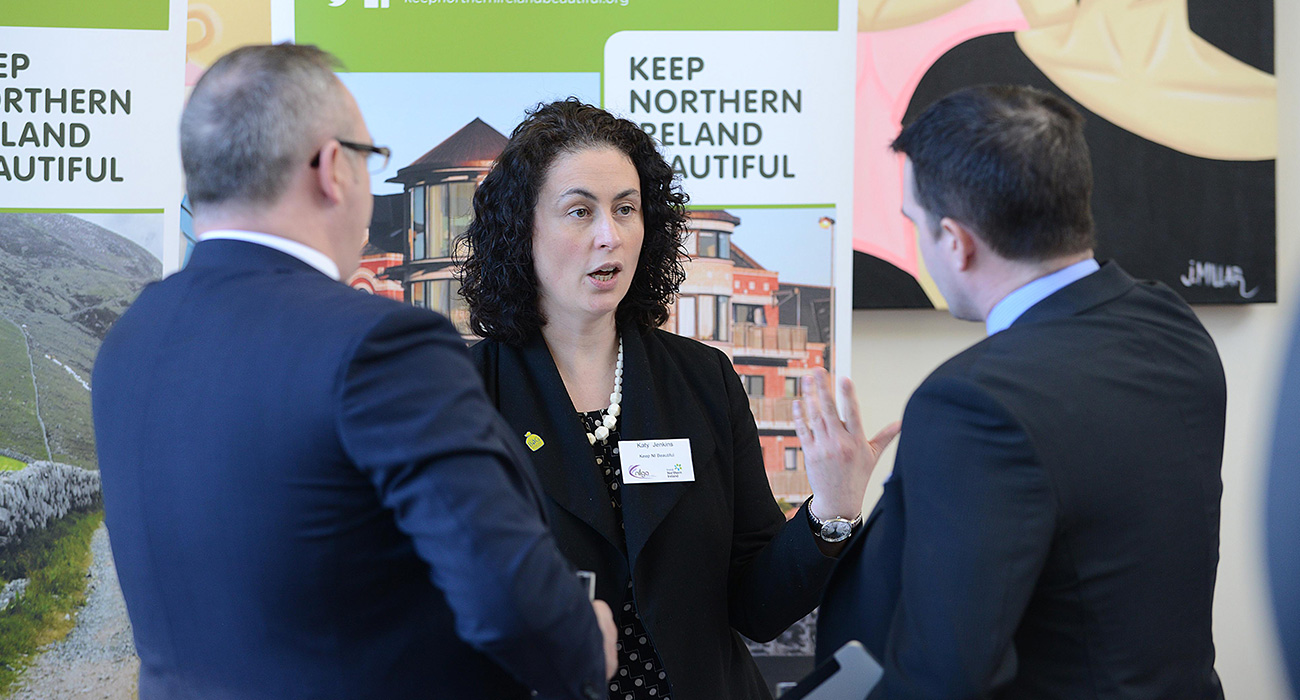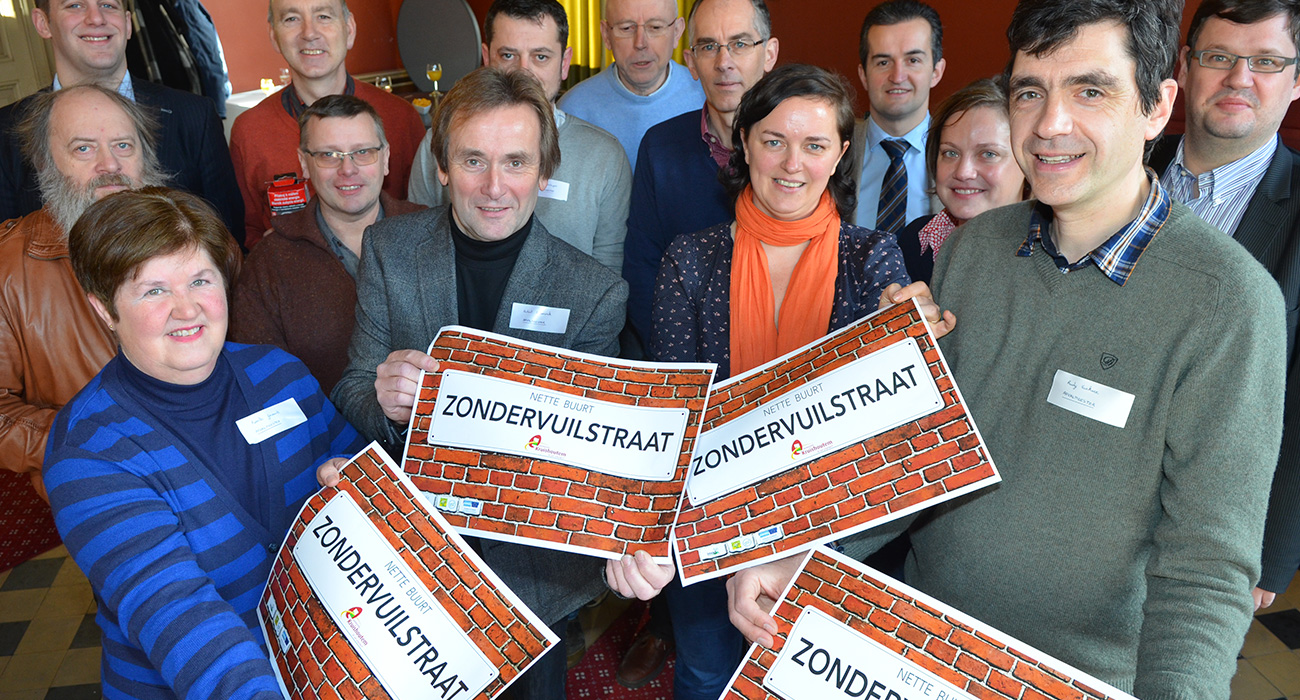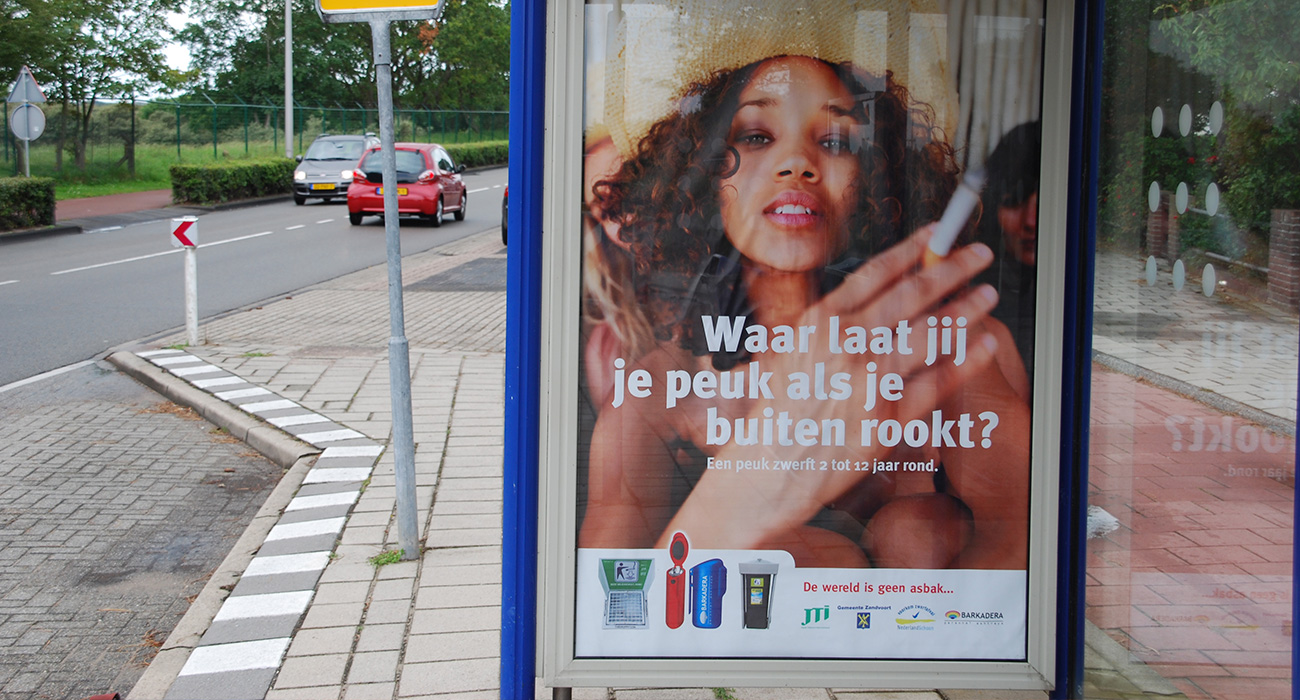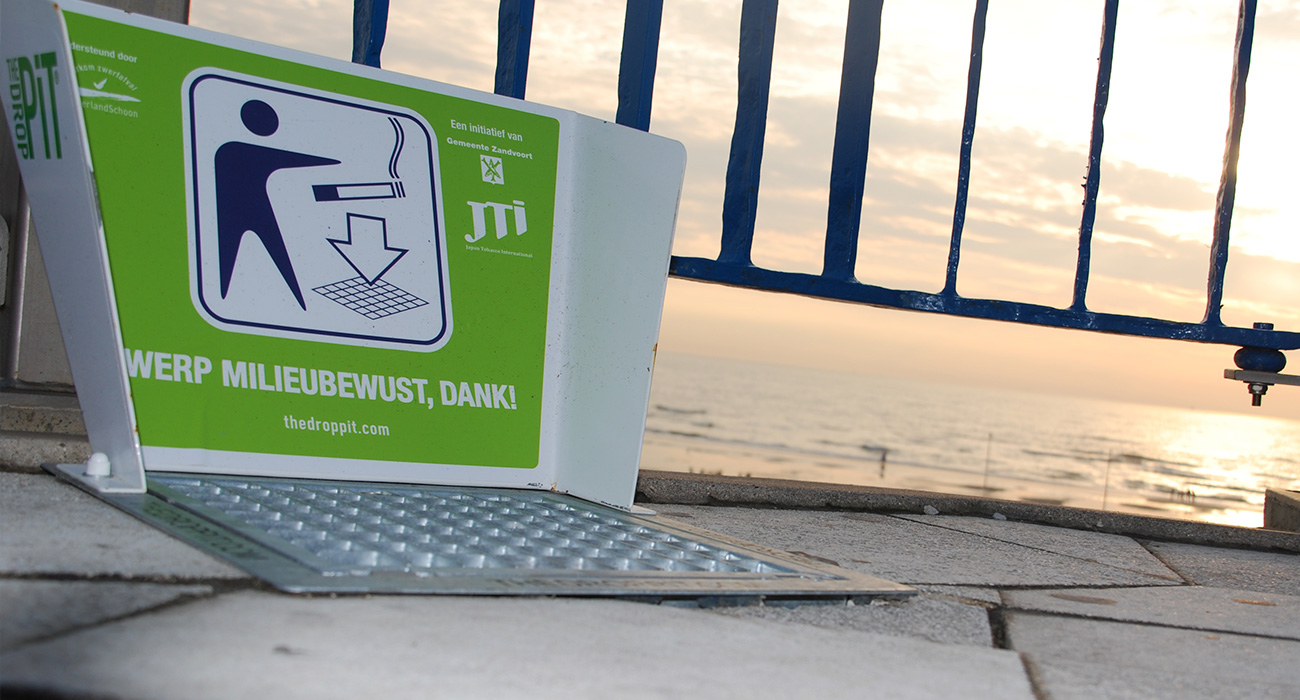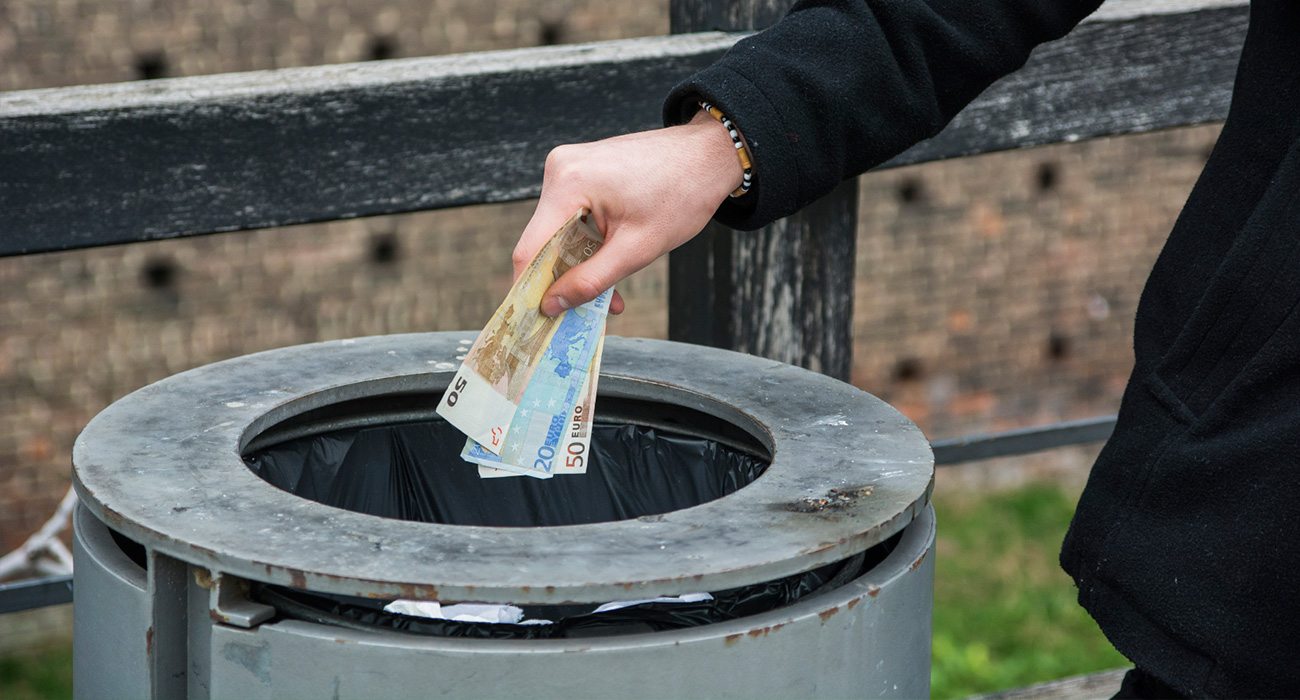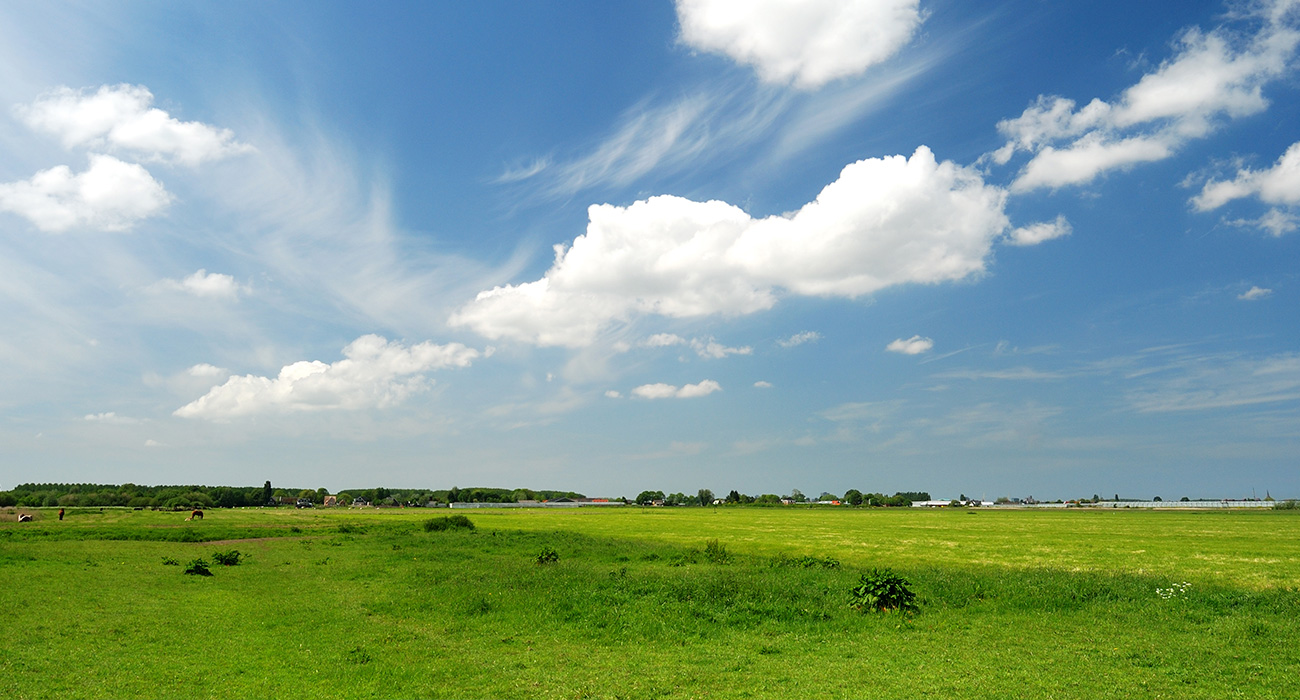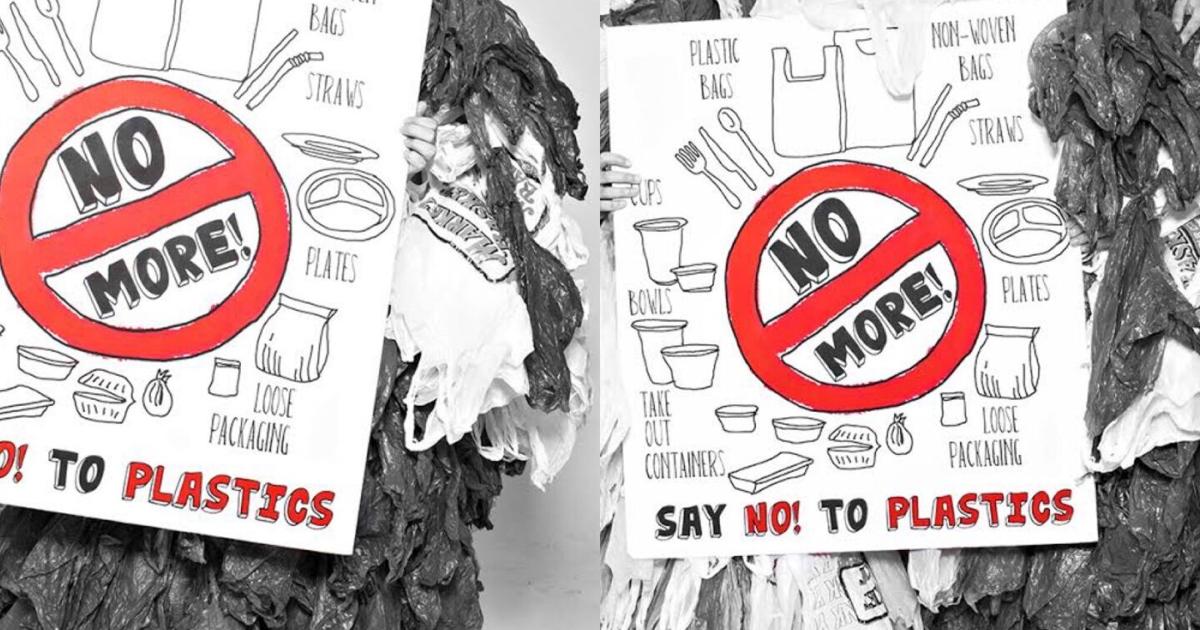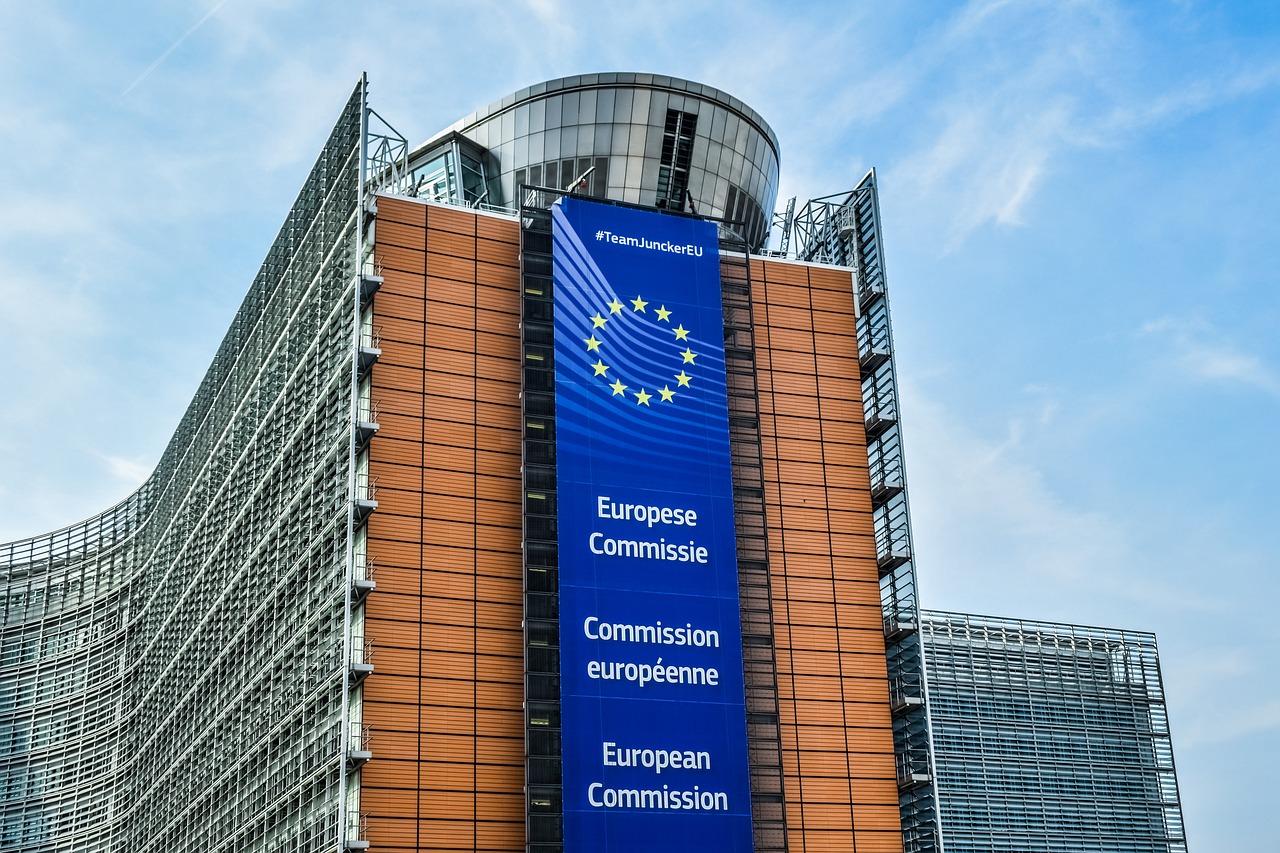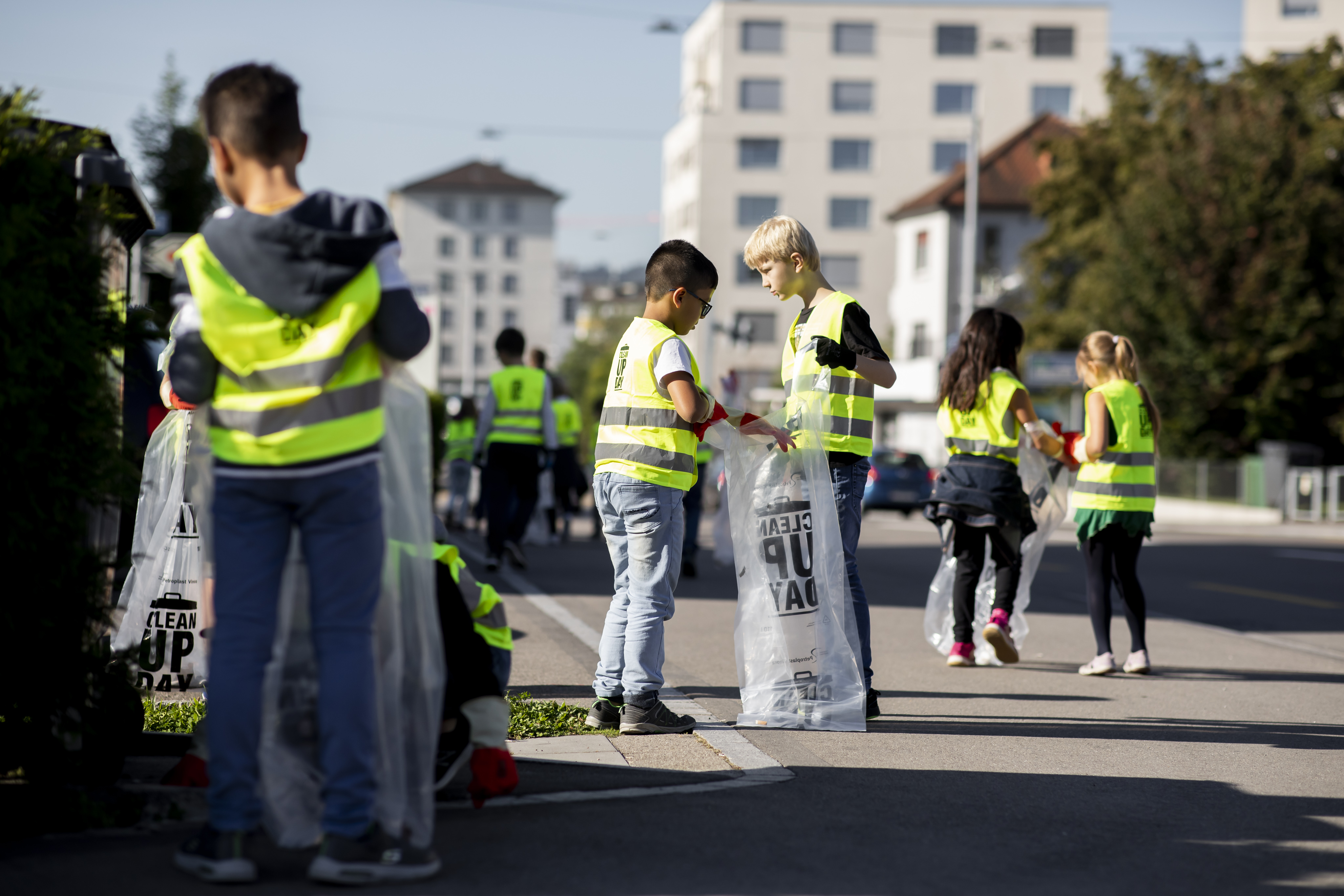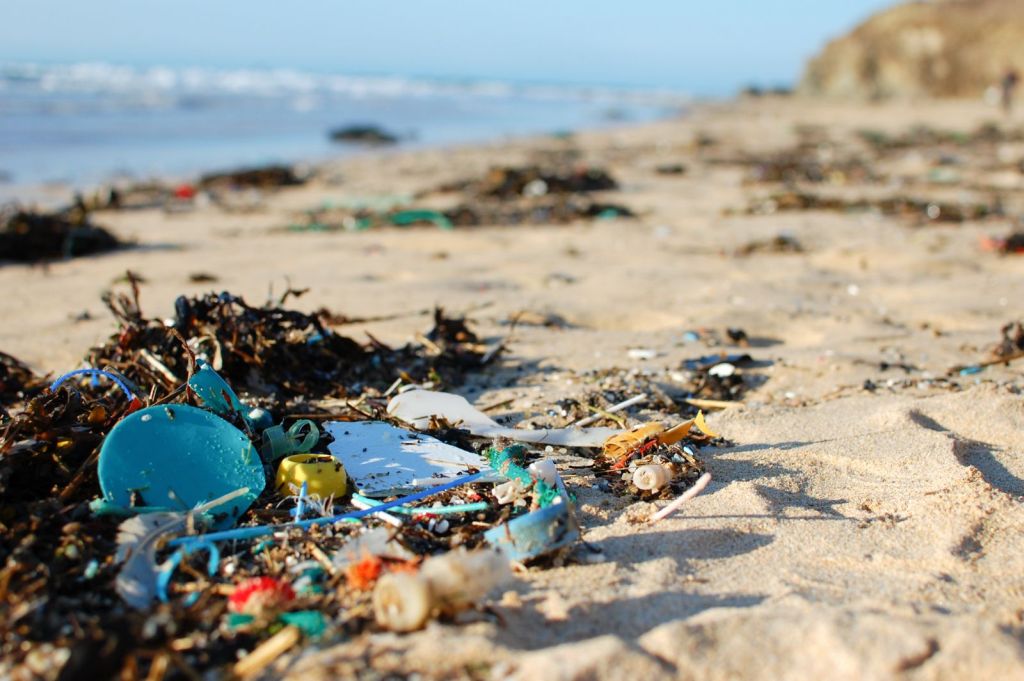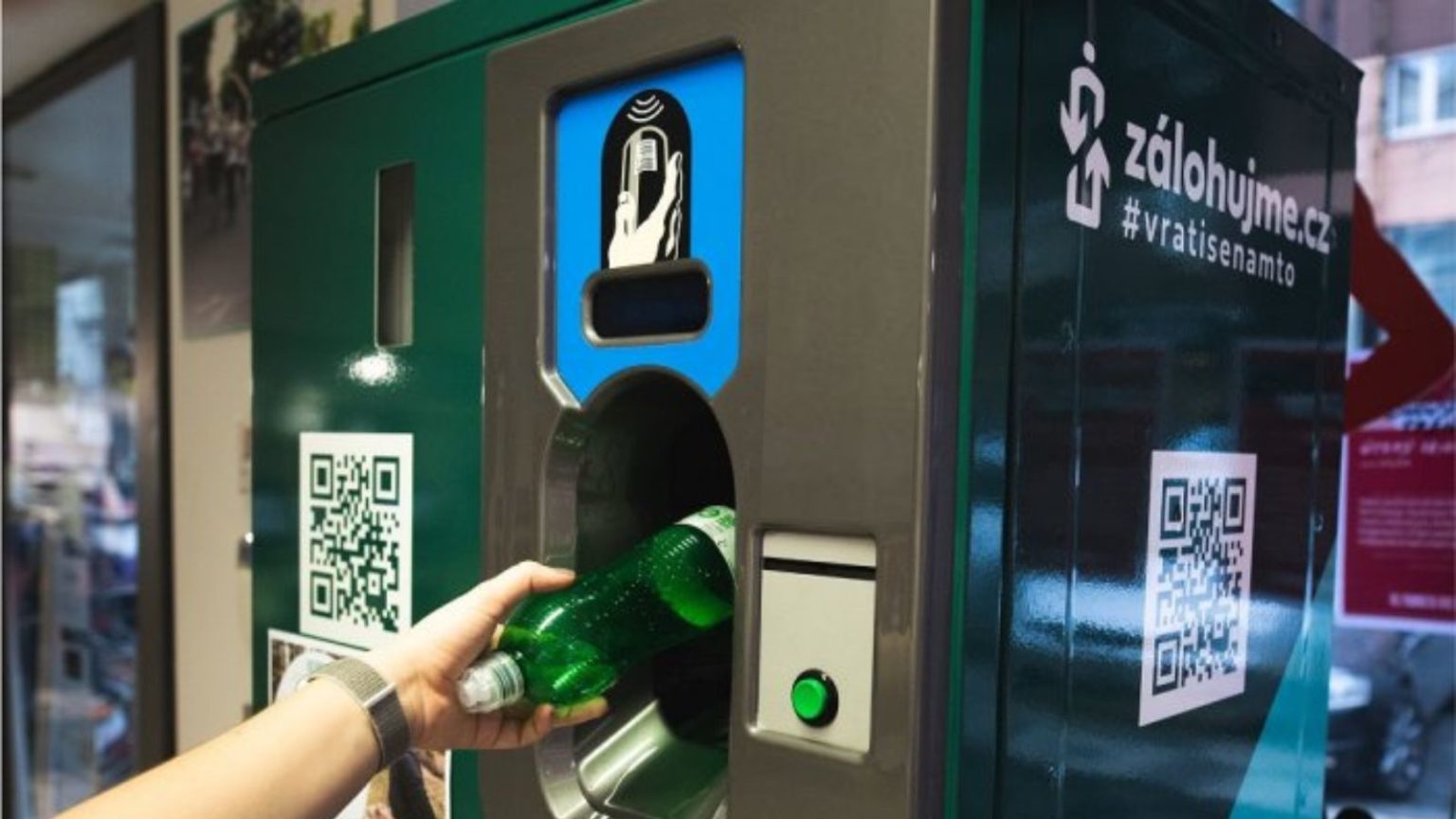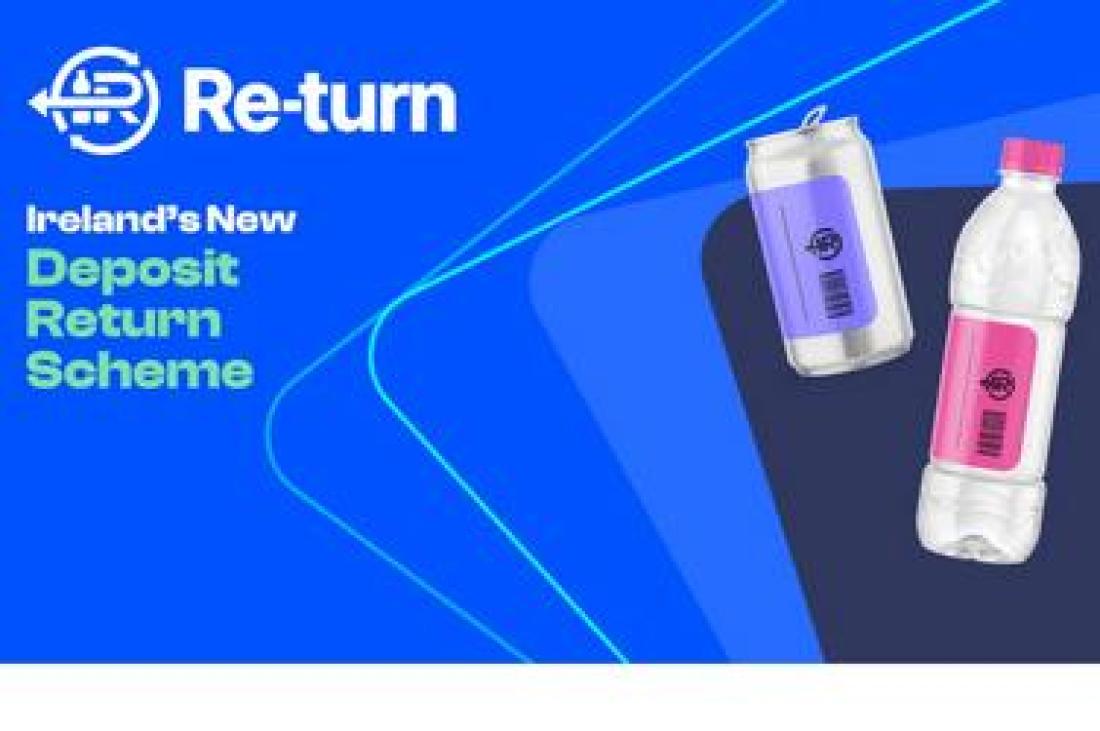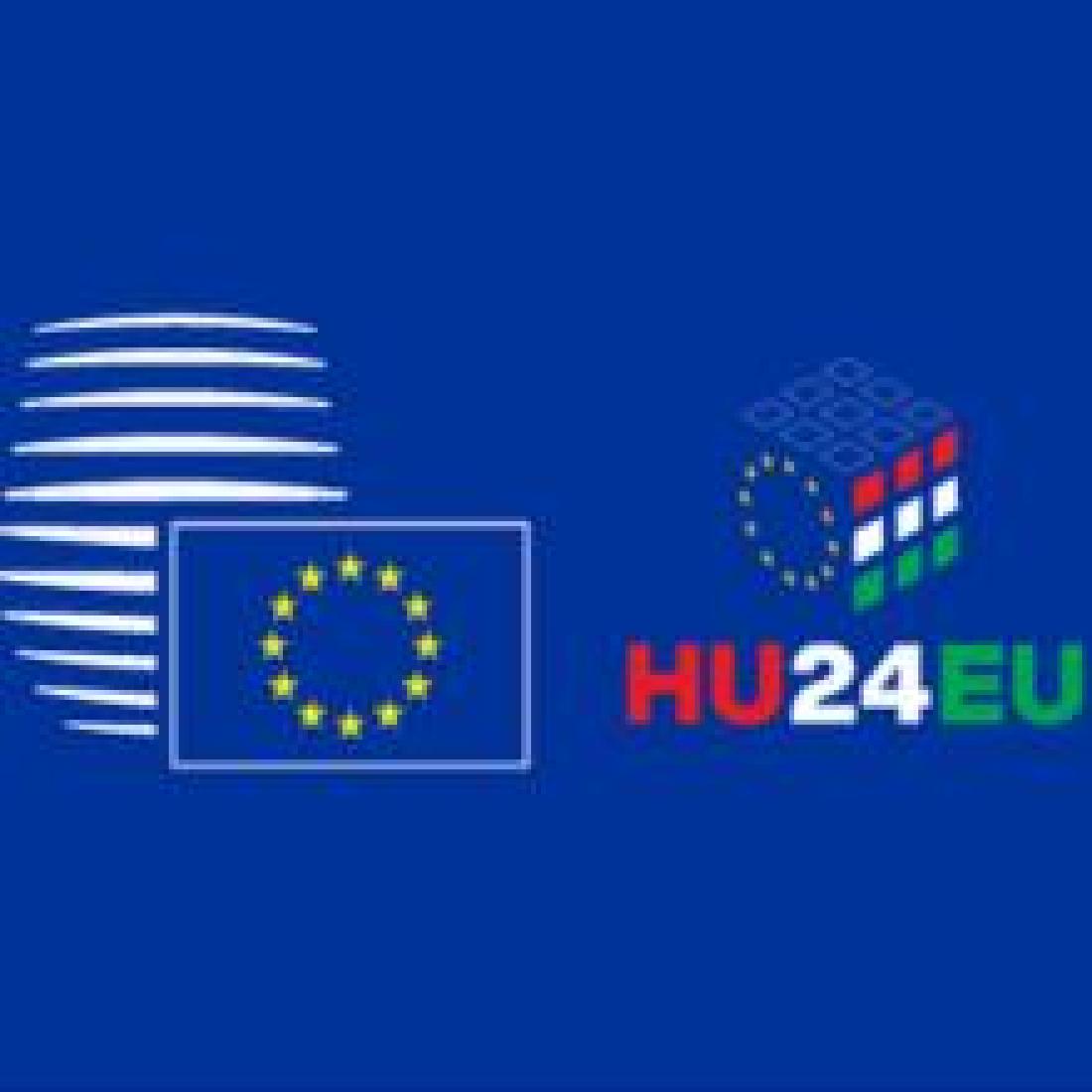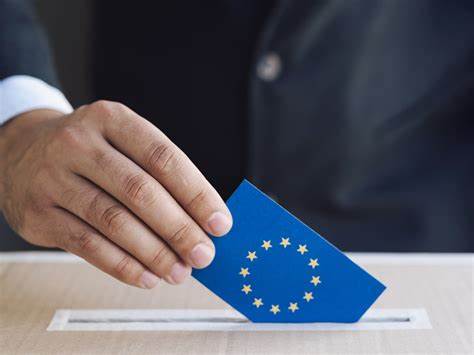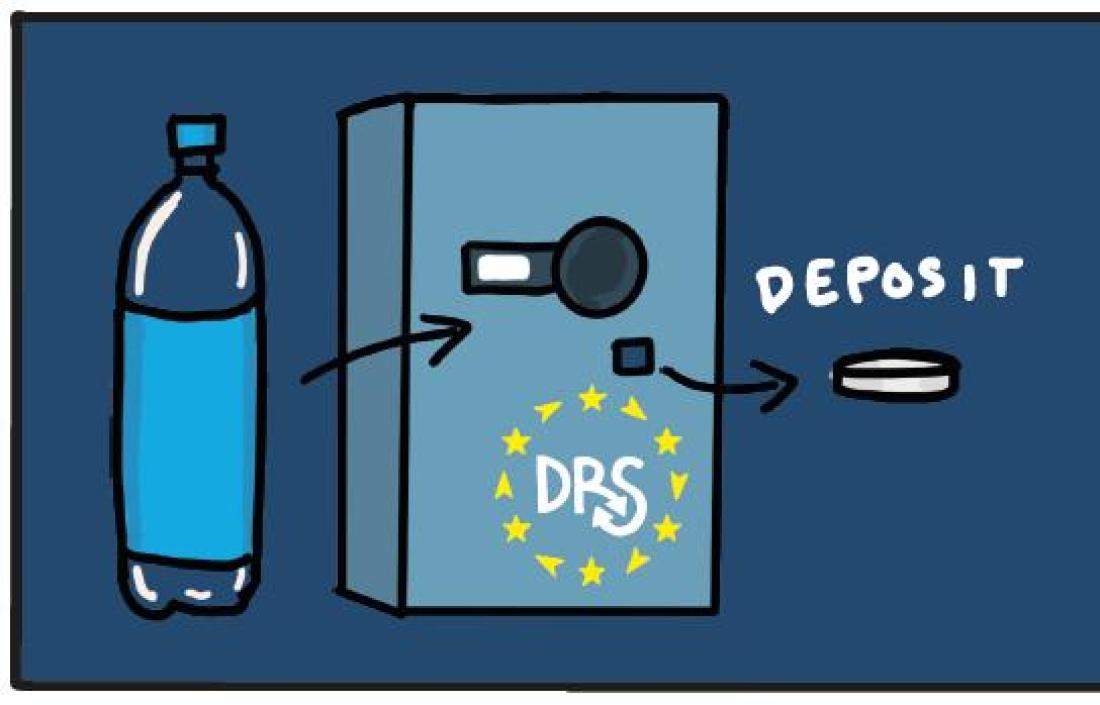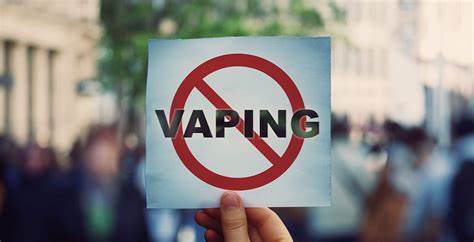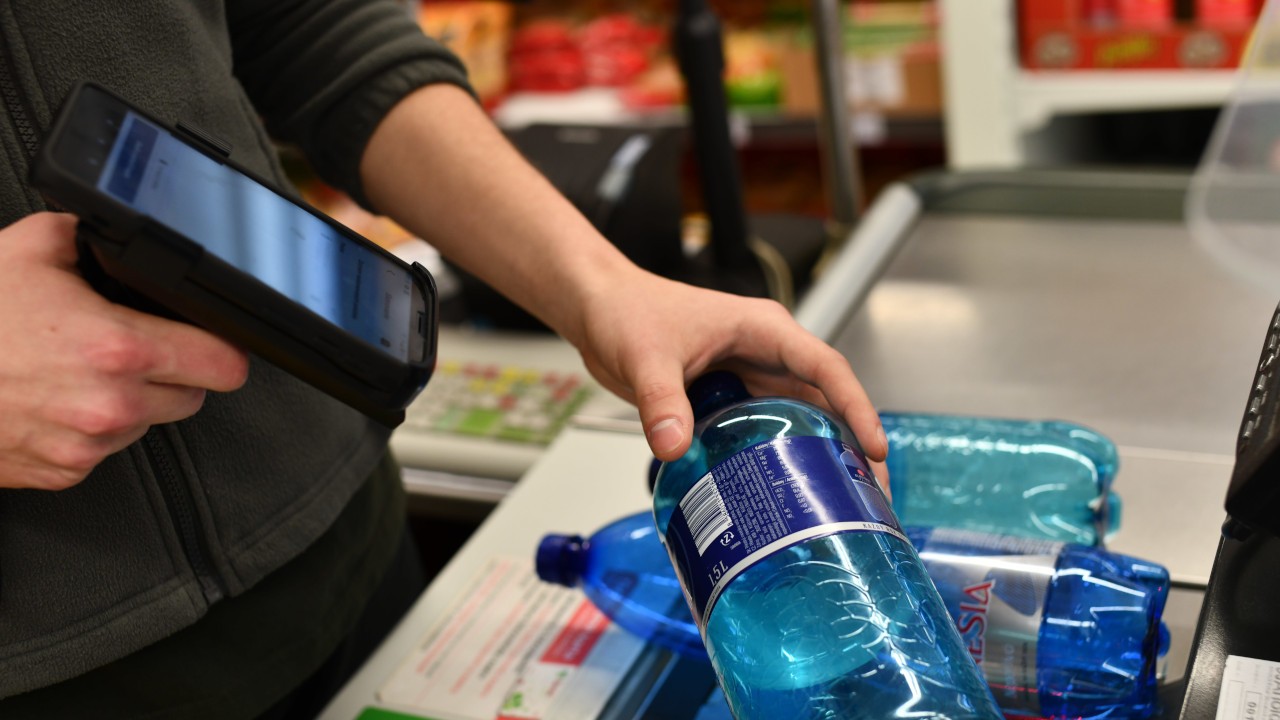
The Slovak government intends to take control of the DRS
Background
Last week, the Slovak Ministry of Environment proposed amendments to modify the national legislation regarding the management of the existing Deposit & Return System (DRS) for single-use beverage packaging. The key objective is for the Slovak state to take control of the DRS in order to ensure transparency and efficiency, given the belief of the Slovak authorities that under the current regime the DRS will not achieve its established goals.However, the reality is rather different. The DRS is currently run by an Administrator which is a non-profit entity founded by the Consortium of beverage producers’ and retail associations based on the license granted by the Ministry of Environment. The system has been established in 2022 as part of the transposition of the Single-Use Products (Plastics) Directive (SUPD). According to the SUPD, every Member State has to achieve certain targets for separate collection rate for recycling (77% in 2025 and 90% in 2029). The scheme has so far been successful and, based on data provided by Sensoneo the entity that operates the DRS, the collection rate in 2022 was 71% and in 2023 93%, overachieving its designated purpose. More importantly, the DRS has contributed to the reduction of littering from single-use beverage packaging. Specifically, in 2020 before the introduction of the scheme, cans represented 20.5% and PET bottles 15% of the collected litter. After the start of the operation of the system in 2022, cans attributed to only 3.8% (and 2.2% in 2023) and PET bottles 5.3% (and 3.2% in 2023).
Challenges
Associations representing the industry fear that any state intervention will compromise the independence of the scheme, the transparency regarding the collection of the fees and result in violation of national and EU laws. Industry representatives argue that the current legislation already allows the Ministry to exercise adequate oversight of the DRS Administrator by nominating candidates for the Supervisory Board. This level of state oversight is similar to the one being applied in successful counterpart systems in Denmark and Norway. Moreover, the DRS management regularly sends reports of its activities to the Ministry.The Clean Europe Network regrets to see that the Slovak government intends to change the management status of an undoubtedly successful DRS for no convincing reasons. Considering how the DRS has effectively reduced litter in the past 2 years and with the industry actively engaged in this scheme, any change could jeopardise the progress that has been made so far. We maintain our position that DRSs are not the most effective solution in litter prevention, especially if we do not pursue behaviour change of the consumers. Nevertheless, successful schemes should be recognised and supported by all the relevant stakeholders.
